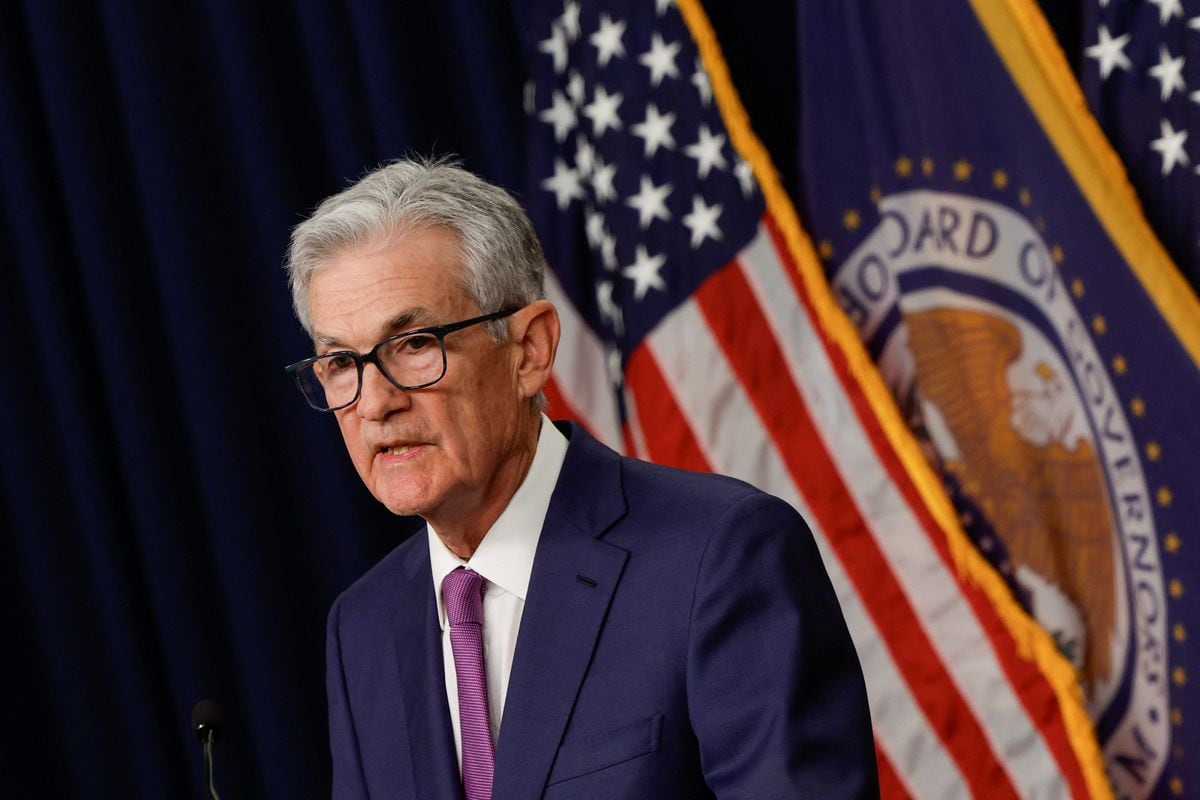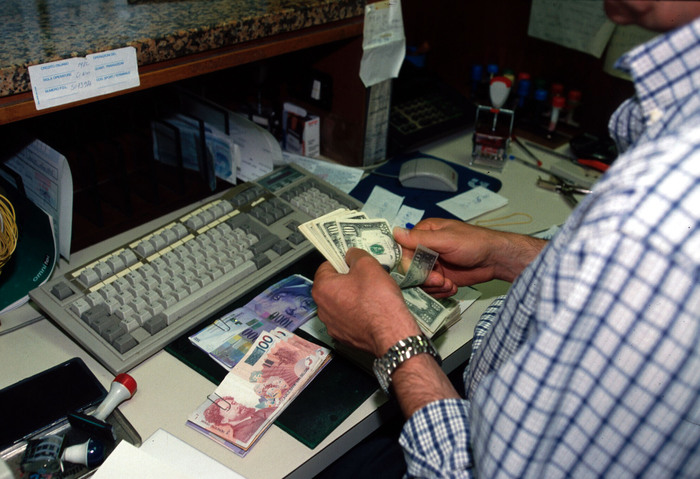The lamentation in Germany about the zero interest rates is great, as well as the anger about the monetary policy of the European Central Bank (ECB), which is blamed by many for the poor returns. Passbooks and savings accounts, which are particularly popular with the German citizens, hardly discard anything.
More in the SPIEGEL
Issue 41/2019
The downfall of the Aztecs
500 years ago: how a Spanish adventurer destroyed the mysterious great powerDigital Edition | Printed issues | Apps | SUBSCRIPTION
Traditionally, most German savers have gone a long way in order to boost the stock market, which has been rising for years. Instead, according to a recent study, they hoard about one-sixth of their $ 6200 billion in financial assets on checking accounts - which have always been interest-free.
At the end of 2018, guranteed about 890 billion euros, said the analysis house Barkow Consulting on behalf of the Hamburg-based fintech company Deposit Solutions. The survey is based on data from the Bundesbank, the European Central Bank (ECB), the Federal Statistical Office, Eurostat and the Institute for SME Research.
The trend clearly points upwards: at the end of 2017, 804 billion euros were therefore in German current accounts, in 2010 there were no 400 billion euros. According to the authors of the study, the growth trend will end at the end of 2019 with the limit of one trillion euros of non-discounted sight deposits. In addition, low-interest-rate money market accounts are expected to slumber another 566 billion euros.
On average 12,400 euros on current accounts
Many Germans therefore voluntarily forego returns by parking one fourth of their financial assets interest-free or almost without interest. This astonishes insofar as the debate about the ECB's zero interest rate policy is extremely heated, especially in Germany. The ECB cut the key interest rate to zero percent in 2016 in order to strengthen the eurozone economy, and recently clarified that this interest rate, at which banks can borrow money from them, will remain low over the long term. With this monetary policy, the ECB is not alone, the central banks in Japan, Switzerland, the United Kingdom and the United States keep interest rates extremely low or even negative.
Per capita, the Germans (14 years and over) have a mathematical 12,400 euros in their checking account. This average value is far below the limit at which some savings banks and Volksbanks now demand negative interest from their private customers. For some banks, the negative interest rate starts at € 100,000, others only start at € 250,000 or even € 500,000.
Although the "penalty rates" are unlikely to affect anyone, the excitement is great - and yet many Germans park money where there is little or no interest.
This topic comes from the new SPIEGEL magazine - available at the kiosk from Saturday morning and every Friday at SPIEGEL + and in the digital magazine edition.
What is in the new SPIEGEL and what stories you find at SPIEGEL +, you will also learn in our free policy newsletter DIE LAGE, which appears six times a week - compact, analytical, opinionated, written by the political minds of the editorial staff.







